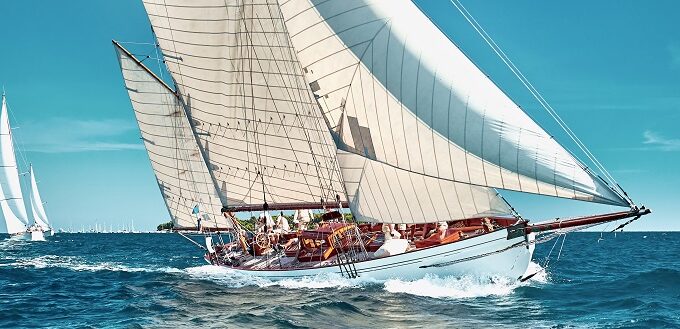Content Filter:
June 16, 2022
Navigating towards net-zero power system: it is not the ‘heading’ but the ‘course’
The energy price and supply risks we are facing today are making the decarbonisation of the power sector by 2035 an even more significant challenge. But if we deviate the heading of our ship from the course for longer than… View Summary +
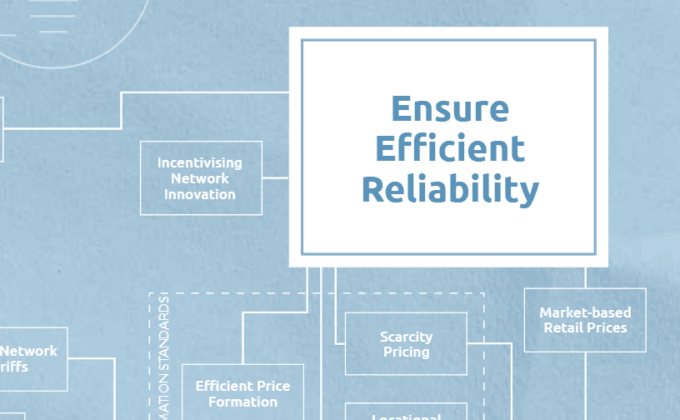
January 25, 2021
Offshore-Windenergie als europäische Ressource
Die Stromerzeugung durch Offshore-Windkraftanlagen ist eine besondere Form des Strombezugs, weil es bisher nur wenige Erzeugungsanlagen und auch nur einzelne Stromleitungen gibt. Sogenannte Offshore-Netze – insbesondere zwischen den EU-Staaten – gibt es bisher nicht. Diese Tatsache birgt aber auch eine… View Summary +
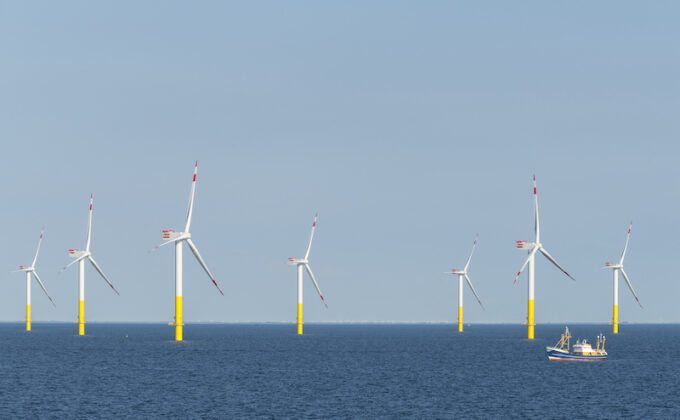
December 17, 2020
It is time to bring consumers on board the energy transition
Power systems are in the midst of profound transformation. More nations are striving to decarbonise their electricity grids and to electrify sectors previously powered primarily by fossil fuels such as heating and transport. To help weather this sea change, policymakers… View Summary +
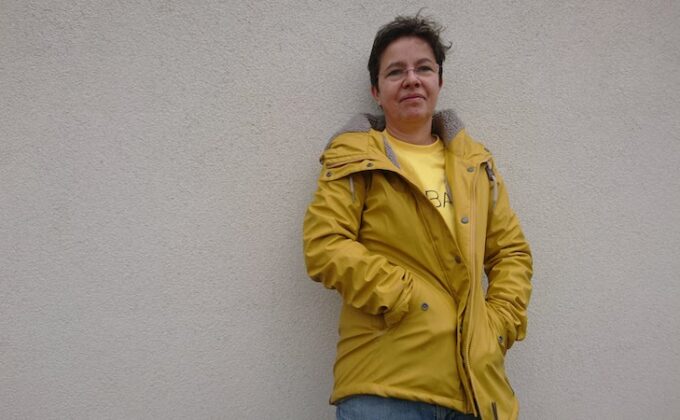
December 12, 2020
Offshore wind should be seen as a joint European resource
Offshore wind is a special resource. The fact that there is little legacy infrastructure, coupled with the impressive European ambition of expanding the current capacity of 12 GW to 300 GW by 2050, raises an important question: How can we… View Summary +
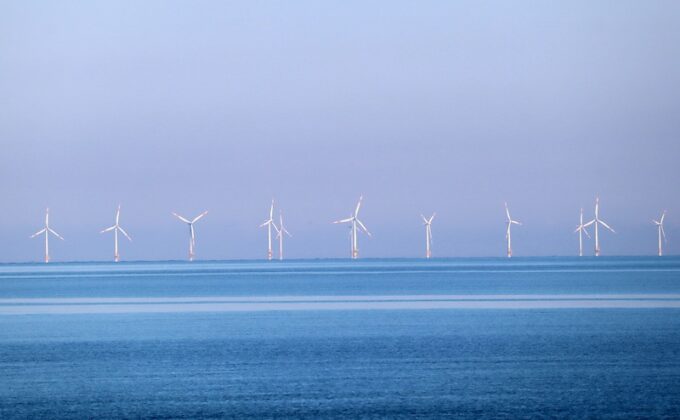
October 7, 2020
Efficiency First must tackle implementation issues to be effective
Efficiency First policy needs to be effectively applied across the EU in order to meet decarbonisation goals. As is the case in many countries in Europe, households in Great Britain can benefit from public subsidies if they install renewable heating… View Summary +
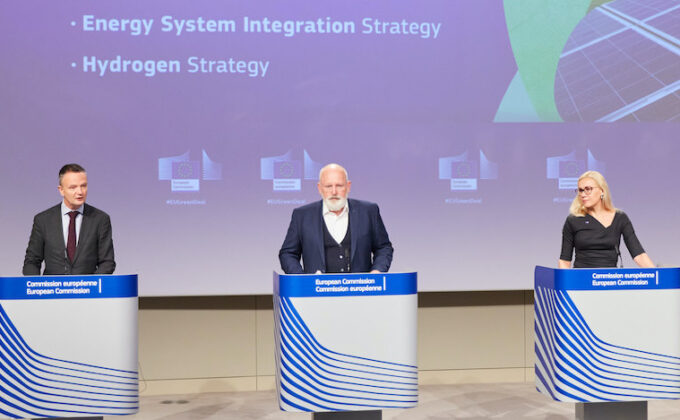
August 18, 2020
Extended ETS outperforms carbon border adjustment in the power sector
- András Mezősi ,
- Zsuzsanna Pató ,
- László Szabó
The European Commission’s proposal to introduce a carbon border adjustment mechanism would not work as well as extending the EU Emissions Trading Scheme to reduce global emissions and further integrate energy exporting countries into the European power market. Carbon leakage… View Summary +
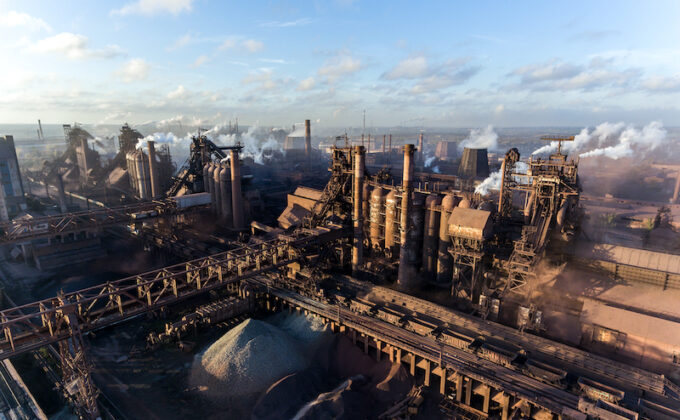
November 13, 2019
Navigare necesse est: Rerouting network companies toward decarbonisation
Changing the course of a sailboat requires coordinated action. The skipper announces the manoeuvre to the crew, turns the rudder and works with the crew to readjust the sails. To achieve the maximum cruising speed with the prevailing winds and… View Summary +
